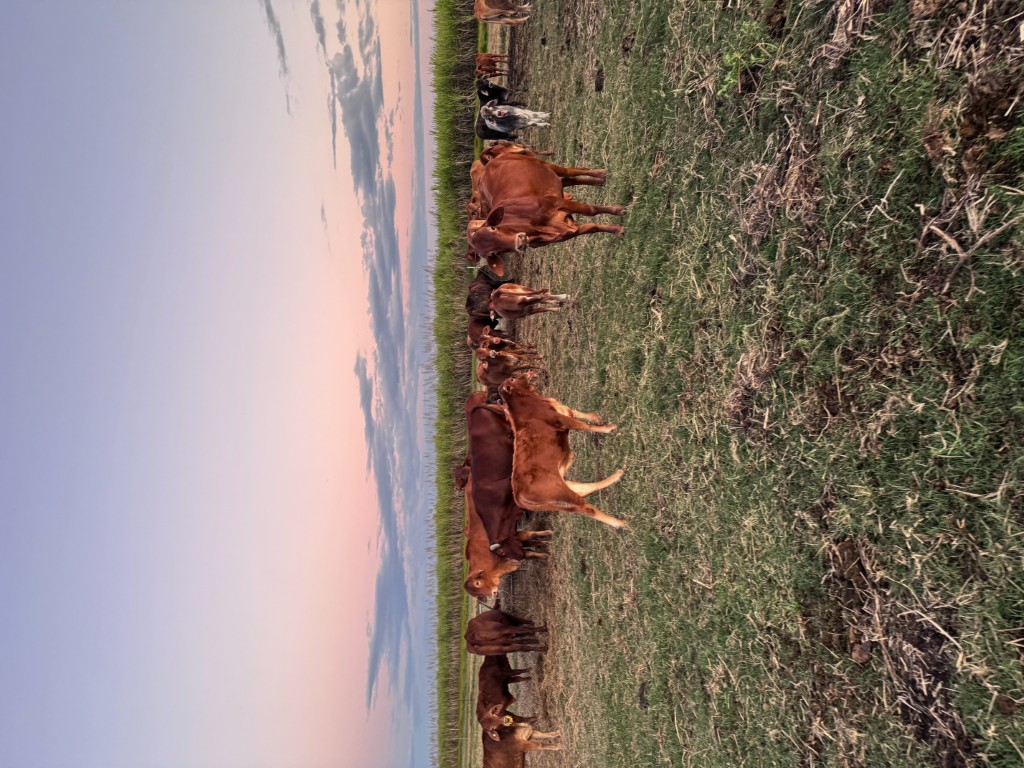


Reef Catchments (Mackay Whitsunday Isaac) is launching the Proserpine Integrated Project (PIP), which brings together seven initiatives tailored to the unique characteristics of this region. The project focuses on improving water quality through practical, place-based solutions that balance environmental, social, and economic factors.
The PIP is part of the Queensland Government’s investment of over $5.5 million through the Queensland Reef Water Quality Program’s place-based projects across the Great Barrier Reef Catchment and will run until May 2027.
Reef Catchments’ Sustainable Agriculture Manager, Todd McNeill, explained: “This project takes a whole-system approach, combining innovation and sustainable farming practices to protect our waterways and support local communities. It’s about working with landholders, industry, and researchers to find practical ways to reduce harmful pollutants while also improving farm productivity and resilience.”
_The seven PIP sub-projects include:
Harnessing water quality improvement through circular economy approaches led by the aquaculture industry. Project Lead: Tassal Group
Proserpine Catchment Sustainability Plan – using a whole-of-system, values-based framework. Project Lead: Alluvium Consulting
Catchment Treatment Systems. Project Lead: Reef Catchments Limited
Reducing pesticide use using AI (AutoWeed). Project Lead: James Cook University (JCU)
Supporting practice change to reduce water quality risk. Project Lead: Reef Catchments
Circularity Material Flows Analysis. Project Lead: Pitt & Sherry
Supporting investment in Natural Capital. Project Lead: Truii Pty Ltd_
Each initiative addresses a different part of the catchment’s water quality challenges — from innovative seaweed biofiltration and AI technology to on-farm chemical management and circular economy practices. The project also aims to raise awareness in the community and build capacity for long-term sustainable land and water management.
McNeill added, “Each project aims to support improved land management practices and catchment condition, with benefits for water quality across the region’s waterways, wetlands, and ecosystems connected to the Great Barrier Reef.”
Benefits for Regional Agriculture
Agricultural producers participating in the project will gain access to expert advice, cutting-edge trials using the latest AI technologies, and tools to boost productivity while contributing to important environmental outcomes.
By integrating scientific, cultural, and economic knowledge, the Proserpine Integrated Project will create lasting value for the local landscape and the people who depend on it.
Program Director for Reef Catchments, Bernie Cockayne, said: “This is a real opportunity to tailor solutions for this region. We're working hand-in-hand with local landholders, industry, and research partners to improve water quality while supporting long-term social and economic outcomes.”
For news and information about the Proserpine Integrated Project and other Sustainable Agriculture projects, visit
www.reefcatchments.com.au/projects/sustainable-agriculture
Healthy soils are the foundation of productive farming, supporting crop growth, water retention, and long-term sustainability. Photo credit: Reef Catchments